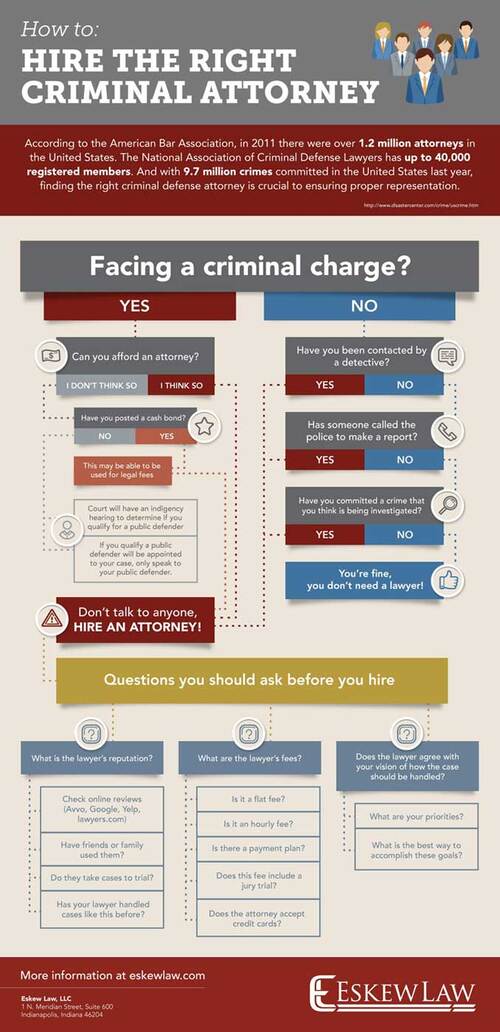The Inner Workings: Examining The State Of Mind Of Company Offenders
The Inner Workings: Examining The State Of Mind Of Company Offenders
Blog Article
Short Article Written By-Beier Strong
Did you recognize that behind the refined appearance of white collar criminals lies a complex web of emotional inspirations? While several might assume that these people are driven solely by greed, the truth is far more appealing.
Looking into the minds of clerical lawbreakers discloses an interesting blend of personality traits, social variables, and hidden desires that add to their illegal activities. Recognizing the psychology behind these criminal offenses not just clarifies the inspirations behind them, but also elevates extensive concerns concerning our own susceptability to lure.
So, what makes these people tick? Join us as we explore the captivating world of clerical wrongdoers and reveal the detailed workings of their minds.
Motivations for Clerical Crimes
White collar crooks are motivated by numerous elements that drive them to engage in illegal activities for individual gain.
Among the main inspirations for these people is economic greed. https://www.legalscoops.com/tackling-a-criminal-defense-case-what-are-the-essentials/ want to break the law in order to build up wide range and preserve a lush lifestyle.
The desire for power and condition is one more significant incentive for clerical bad guys. They believe that participating in unlawful activities will certainly raise their social standing and provide a sense of supremacy and control.
In addition, some clerical lawbreakers are motivated by a feeling of privilege. They think that they are entitled to greater than what they have actually and are willing to cross ethical boundaries to achieve their wanted degree of success.
Eventually, these motivations add to the high frequency of clerical crimes in culture.
Psychological Traits of Clerical Criminals
As we check out the emotional qualities of individuals involved in white collar crimes, it comes to be evident that their motivations for taking part in prohibited tasks are deeply intertwined with their character characteristics and frame of mind.
White collar offenders commonly display particular emotional attributes that contribute to their involvement in fraudulent or sly habits. One such trait is an increased sense of entitlement. These people frequently think that they are entitled to more than what they have, leading them to participate in unlawful tasks to obtain wide range or status.
In addition, white collar bad guys have a tendency to possess a high degree of vanity. They have a filled with air sense of self-importance, do not have compassion for others, and are driven by a wish for affection and acknowledgment.
Last but not least, they frequently present a tendency for risk-taking, as they think they can outsmart the system and prevent detection.
Recognizing these emotional attributes can give useful understandings into the state of mind of white collar lawbreakers and help in the development of effective avoidance and intervention techniques.
Societal Influence of White Collar Crimes
The effect of white collar criminal offenses on society is far-reaching and multifaceted. These criminal activities have substantial consequences that extend beyond the individuals straight entailed. Below are 4 ways in which clerical crimes impact culture:
- ** Economic damages **: White collar criminal activities can bring about monetary losses for people, companies, and even whole economic situations. These criminal offenses can disrupt markets, weaken financier confidence, and cause task losses.
- ** Trust erosion **: White collar crimes wear down count on institutions and people. When individuals witness high-ranking specialists taking part in illegal tasks, it reduces their faith in the system and can lead to a basic uncertainty towards authority.
- ** Social inequality **: Clerical crimes commonly target at risk people or communities, exacerbating existing social inequalities. These criminal offenses can broaden the void between the abundant and the poor and perpetuate systemic injustice.
- ** Legal and regulatory adjustments **: Clerical criminal offenses trigger the implementation of more stringent laws and laws. Culture frequently replies to these crimes by enacting procedures to prevent similar occurrences in the future, guaranteeing greater responsibility and transparency.
The social influence of clerical criminal offenses can not be undervalued, as it influences people, areas, and the general textile of society.
Conclusion
Finally, the psychology behind white collar lawbreakers exposes an intricate internet of motivations and qualities. These individuals are driven by greed, power, and a sense of privilege, which can have far-ranging consequences for society.
It is necessary to bear in mind that not all crimes are dedicated by those we may generally connect with criminal behavior. As the claiming goes, 'the wolf in lamb's clothes,' reminds us to stay alert and doubt the true intentions of those around us.
